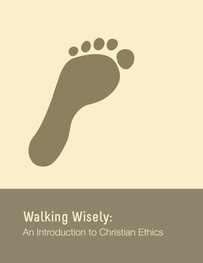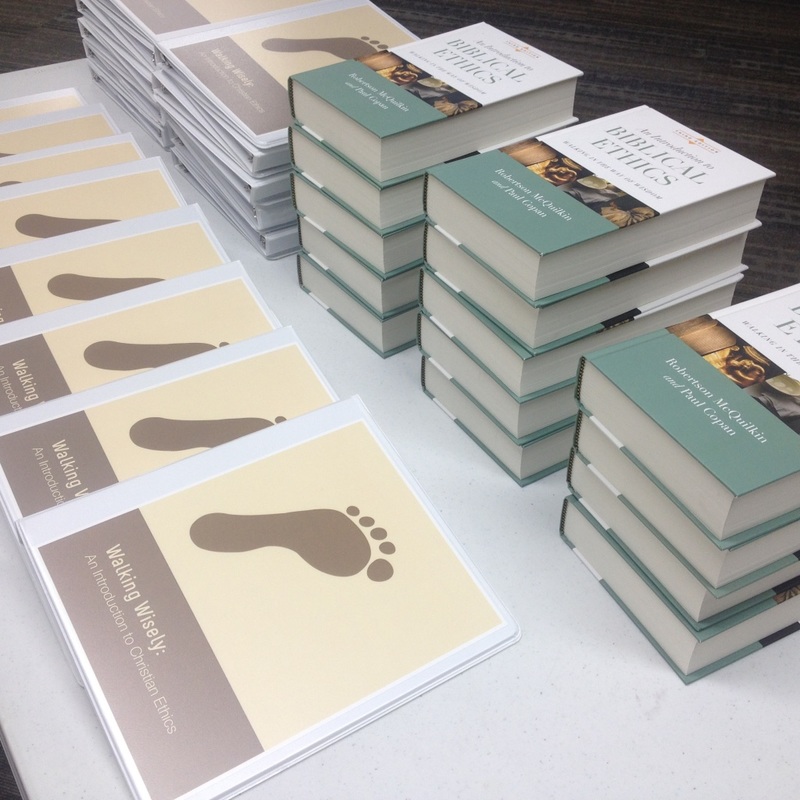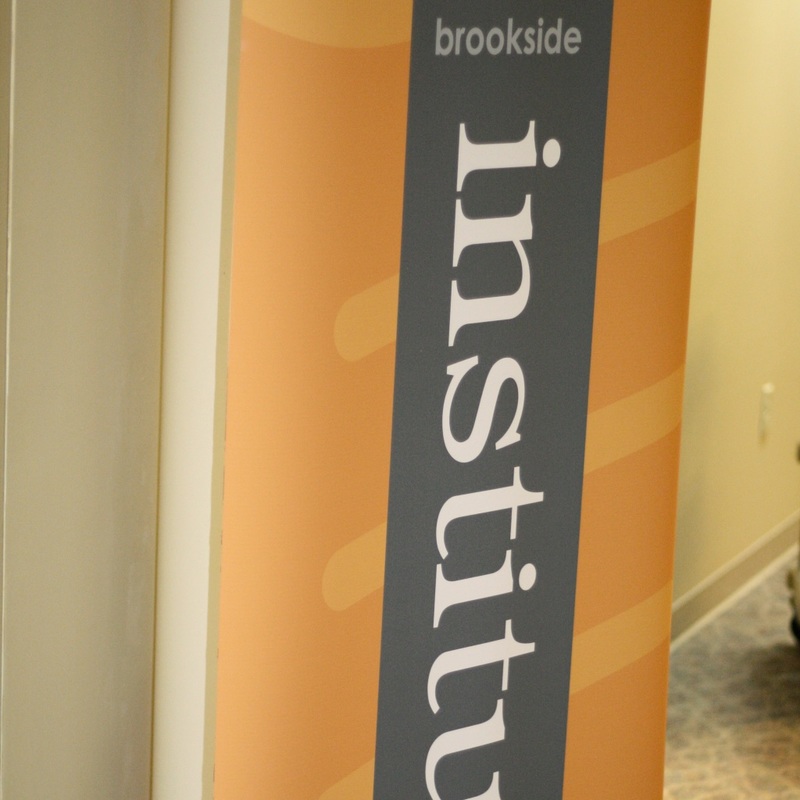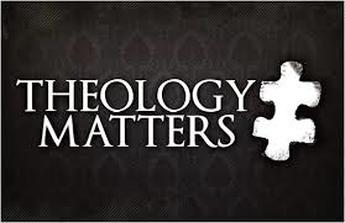|
Heaven (and hell) are again a topic of interest to many, due to the significant popularity of books and movies like Heaven is for Real, 23 Minutes in Hell, and 90 Minutes in Heaven. As Christians, how should we think about these popular accounts that narrate experiences of the afterlife?
I was recently asked a question like this via email, and have included my (only slightly edited) response below. I'm sure there's more to be said (that's what the comments are for!), but here's the "shoot from the hip" response I offered:
1 Comment
Over the course of any given semester, I teach in a variety of environments - a college classroom; an equipping, classroom environment in a local church, periodic Sunday morning preaching, and a smattering of others. In addition to these more "formal" teaching settings, I don't completely divorce "teaching" from how I approach some of the short-term counseling I do, from some of the emails I write in response to peoples' questions, from any writing I do online, or from how I interact in different small group settings. I enjoy teaching, and I find a way to weave this into my weeks and months in a number of ways. If you're like me and do some teaching yourself, you'll know how common it is to evaluate yourself after a time of teaching. It's easy to be your own worst critic and think of things you could have said differently, things that didn't go smoothly in terms of technology and logistics, and more. For me, it can be easy to reduce the number of "measurables" in terms of teaching to presentation and technique. These things have a place and are important. It's good to grow in these areas. But for Christian teachers, we should never reduce the things we measure to just technique. In some ways this is good, because it shows us there are things we can be excelling at, even if we have an "off day" in terms of presentation. But in some ways this bigger "list of measurables" raises the bar even higher - reminding us we need to honor God, pursue excellence, and increasingly grow in a number of areas. As we consider what "list of measurables" we should be thinking about and growing in as Christian teachers, the Apostle Paul provides a helpful list in 2 Timothy 3:10-11a: You, however, know all about my teaching, my way of life, my purpose, faith, patience, love, endurance, persecutions, sufferings... Let's briefly look at each of these individually, asking how each can help us grow as Christian teachers
As I prepare for and teach through the Brookside Institute "Walking Wisely" class on Christian Ethics, I'm dipping into a number of books. Here are eight books closely related to Christian Ethics that I'd recommend for your consideration. In super-technical fashion, I've listed under the categories of "Longer Books on Christian Ethics" and "Shorter Books on Christian Ethics." (I know many will gravitate towards the shorter books which are indeed helpful, but don't let size scare you away from the others. They have worthwhile stuff to consider!)
Click on either the pictures or titles below to be taken to an Amazon.com site where you can learn a bit more about any of these books. By way of FYI, the "textbook" we are using for the Walking Wisely class is Robert McQuilken and Paul Copan's An Introduction to Biblical Ethics: Walking in the Way of Wisdom, 3rd ed. IVP Academic, 2014. In his excellent book on Christian Ecclesiology (Sojourners and Strangers: The Doctrine of the Church), Gregg Allison has some really important stuff to say on the importance and role of Christian education in the life of the church, as part of the church's ministry of discipling its members. The really short way I'd summarize what he says? An intentional, coordinated teaching and educational ministry is really important for the health of a church.
Obviously, there's much in here that both drives and shapes what we do with the Brookside Institute. So let's look at the helpful stuff Gregg Allison has to say. I'll quote him at length, from Sojourners and Strangers, pp. 441-444: I recently wrote on some (potential) opportunities and dangers that go along with Bible apps. What's good about having easy access to God's Word in a mobile device format? What might be some dangers to be aware of? As I've continued to think about this, my simplified bottom line is this: Read God's Word. ENGAGE God's Word. Easy access to the Bible can certainly facilitate that, but not necessarily.
With this post still fresh in my mind, I was interested to read what Relevant magazine would have to say about "Moving Beyond Tweetable Bible Reading" by Chandler Vannoy. I'm grateful for how this post fleshes out how the value of engaging God's Word. I've included the four major points of the post below, with a bit of my own brief commentary underneath each.
God is on mission to do something in this world He's created. As part of that, God's mission has a church. I appreciate how J.D. Greear brings out what this "mission of God" or missio Dei means for the church in this SHORT (less than four minutes) video. J.D. Greear is lead pastor of The Summit Church in North Carolina and author of the recently-released Gaining by Losing: Why the Future Belongs to Churches that Send.
Specifically, listen for what he has to say about how "winning a church to God's mission" involves (1) an understanding of the "sending" nature of the gospel, (2) an understanding of the mission-empowering work of the Holy Spirit, and (3) celebrating what God is doing through the church on mission. Prayer is one of those spiritual disciplines of the Christian life that I need to work at. I try to return to good books that help me think about and practice prayer, but I've also discovered the importance of meditating on certain Scriptural truths about prayer. These truths, I believe, help renew my mind and keep my prayer life moving in a forward direction.
Here are five mindsets that I've found propel my prayer life, and I'm hoping might breathe fresh life into your practice of prayer as well: In just a few weeks, Fall 2015 Institute classes will begin. (Woo hoo!)
The start of a semester always gives me lots of great opportunities to (re)introduce people to the Brookside Institute - what the Brookside Institute is, values that guide us, etc. As part of that, once or twice a year I compile a handful (or two) of links - most of them blog posts - that relate to these sorts of questions and topics. Consider it "speed dating" the Institute - learning a lot about what we do and what we're about in a short amount of time! Happy reading! What is systematic theology trying to do, and why is it important? I ran across a post earlier this week ("Why All Christians Should Care about Systematic Theology") and thought it had some really good stuff to say that helps us understand systematic theology and its importance. Here's an excerpt: ...systematic theology leads to worldview formation as we seek to set the biblical-theological framework of Scripture over against all other worldviews and learn “to think God’s thoughts after him,” even in areas that the Bible does not directly address. In this important way, systematic theology presents a well-thought-out worldview, over against all of its competitors, as it seeks to apply biblical truth to every domain of life. Interested in more? Check out the whole post here. Or, you may want to check out these related posts from this site:
|
Tim WiebeChristian. Husband. Father. Pastor. Learner. Contributor. Reader. Categories
All
Archives
June 2024
|
© 2014-2024 | 11607 M Circle, Omaha NE, 68137 | www.thebrooksideinstitute.net













 RSS Feed
RSS Feed
